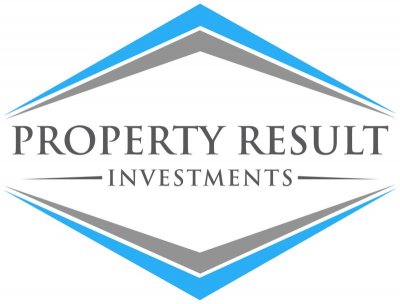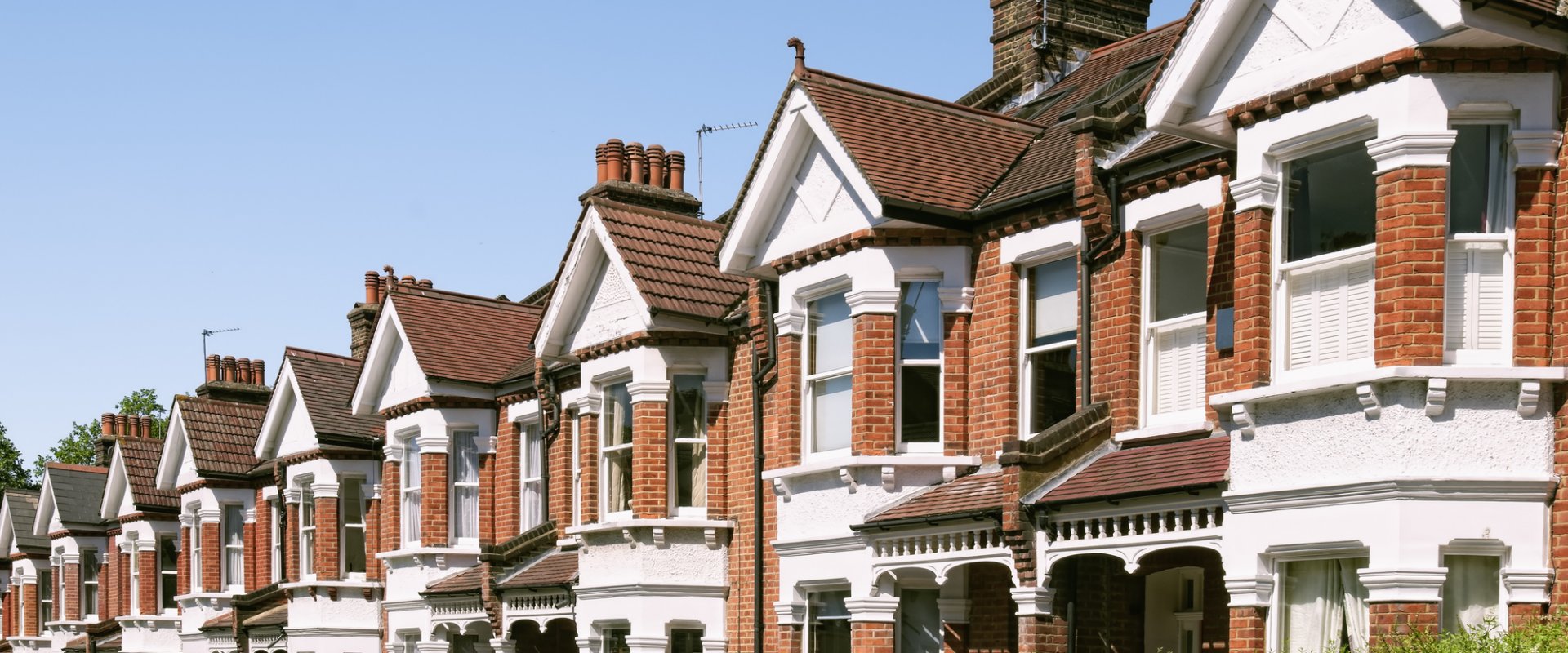Video Transcription
Dwayne Squires: So in this video, I’m going to reveal how you can quickly and easily calculate the numbers on a rental deal. Being able to calculate the numbers on a rental property is one of the most fundamental skills you need as a property investor. So in this video, I’m going to walk you through the principles needed when calculating a property deal, but also right at the end, I want to give away a bonus where you can get the spreadsheet that we use in our business to be able to calculate the rental numbers within one minute or less.
Hi, my name’s Dwayne Squires from Property Result Investments. And hopefully you enjoy the video I’ve put together. It’s really quick and short, right to the point, but a selfish ask: we’re trying to get to 1000 subscribers by the end of the year. So if you like this video, please give it a thumbs up, plus join our YouTube channel where you can find out more useful content like this.
So we’ll get right into it. There’s three buckets you need to consider when calculating a rental, and that’s one, income, two, expenses, and number three, your net. So we’ll start off with income, which is really based around two buckets. One is the rent that you charge; self-explanatory. And then the second one is where you may get some supplementary income, and I’ll categorize that as others, which, for example, you may provide a service which allows the drying of clothes to be charged or for you to charge for using the washing machine or any other amenity that you may use to get an additional income from that property.
And then the second group, for when you calculate your rent or your rental numbers, is expenses. And I’ll start with the top group of expense you need to consider, which is what’s your mortgage monthly expense. You need to consider the building insurance. You also need to consider voids. So throughout the year, you may not have the property let. It may be a few weeks where it’s empty as you transition from one tenant to another. That’s something you need to consider. And then, which is maintenance. So throughout the year, you may find a leaking tap or you may need to replace a door or something along those lines. You need to consider maintenance. And then, if you’re providing a HMO, there’s a few more additional expenses you may need to consider, if you’re providing a paid for expenses, i.e. if you’re paying for the bills of the tenant. So in that, you need to consider cleaner, your TV, you may also put in internet. And if it’s a professional HMO, you’d also have council tax that could be charged.
Just going over it quickly, it’s income, expenses, and then your net, which is very simple, consider, which is just what’s your income minus your expenses? And that will lead us onto one bonus step that I’ll wait for the end to explain. So with your income or your rent, that’s it. That’s quite a simple task to do. Check out a website like Rightmove. And what you want to do here is get the highest rent, the lowest, and then take the midpoint between that. So what does that represent? Typically, a property with the highest rent would be the one with the highest spec. And then the one with the lowest would just be a property that could be the barest standard or maybe it need a bit of maintenance or a lick of paint. So you want to take the midpoint between those two.
Now in our area of the northeast, a typical property rents between £400 to £500 for a two- to three-bedroom. So I’ll do £450. And typically for the properties we have, we don’t charge for any supplementary amenities like dryers or washing machines. So we’ll put £0 there. And then for mortgage, typically because these properties are valued or purchased between £60,000 to £50,000, the mortgage expense is typically £90 pounds, and that’s using a 2% to 3% interest. So £90 pounds. And then building insurance is £30 pounds, on average. And then voids, we calculate voids between 5% of what the rent is. And then maintenance is usually another 5%, or 10% between the two. So we’ll do that as £45 pounds. Now, there’s no bills, so we’ll put £0.
And another thing to consider with expenses: if you’re looking not to manage the property, you need to consider management expenses, i.e., a letting agent. And they typically charge between 8% to 15%, depending on the property you have. So if it’s a standard buy to let, it’s usually around 10%, but if it’s an HMO, because it’s a bit more legwork with managing various different tenants, that’s going to be 15%. But for our properties, there’s usually just one tenant that rents the total property, so that’s 10%. So that’s £45. So if I calculate that together in terms of expenses, that is £45, £45, so £90; £30, £120, and then £90, £200, and £10. So our net is literally the income, or £450, and expenses of £210, so the average rent that we get from properties is, you can now calculate, is around £240 per month.
So that’s how it’s calculated, the numbers of a rental. So taking it one step further is calculating what’s the return on investment for that deal. And that’s principally what you want to be knowing before you buy the property. So a return investment is calculated as cash flow over capital. So in this case, it’s the annual cashflow, which just for rounding up sake, I’ll just take that as £250, which would be £3,000. In a deal like this, the capital usually invested is around £15,000. So the net return on investment for our investors is simply 20%.
So in summary, hopefully you enjoyed this video. It should be a simple explanation of how to calculate the numbers. And if you liked this video, give it a like. And if you want to see more of these types of videos, please join our YouTube channel.


